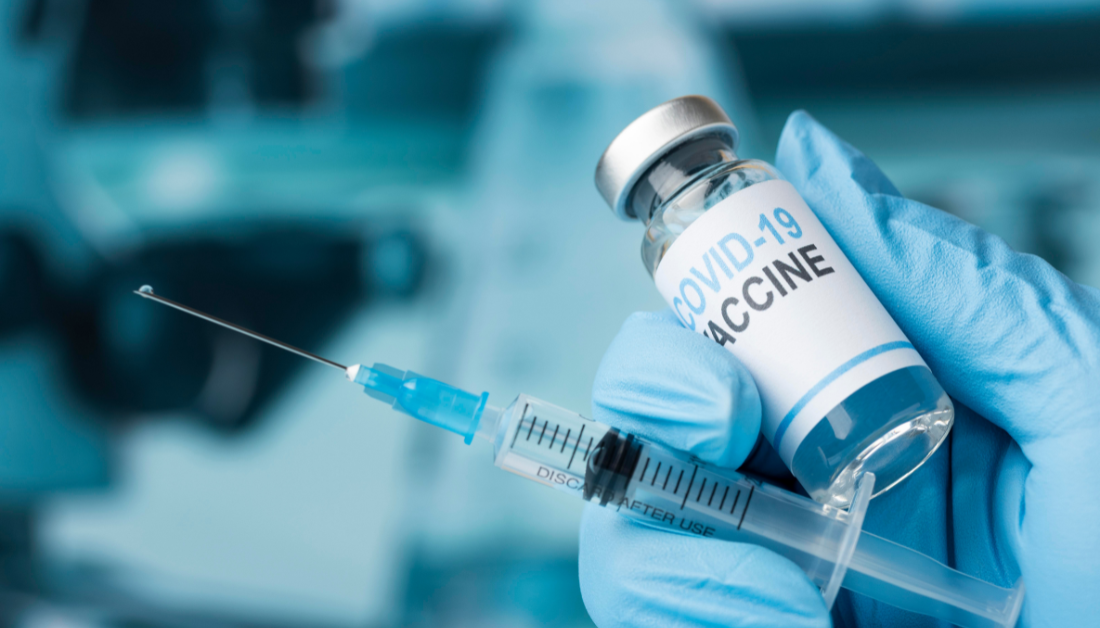

According to the interim results of a Phase 1 clinical trial, two Melbourne-made COVID-19 vaccines have showed high potential to be a better method for increasing immunity to SARS-CoV-2 variants.
In the study, 76 healthy adults aged 18 to 64 from Melbourne who had previously received licensed SARS-CoV-2 vaccines were randomly assigned to receive a fourth dose of a new protein vaccine, mRNA vaccine, or placebo.
Both vaccines displayed robust boosting capabilities and a remarkable breadth of immune response, particularly against omicron sub-variants, in a highly immune population. Furthermore, neither candidate showed any signs of safety.
The two vaccine candidates, developed by researchers at the Peter Doherty Institute for Infection and Immunity (Doherty Institute) and the Monash Institute of Pharmaceutical Sciences (MIPS), differ from most existing vaccines in use around the world in that they focus the immune response on the receptor binding domain (RBD) of the SARS-CoV-2 spike protein. Following SARS-CoV-2 infection, the RBD allows the virus to enter and infect cells in the body, and it elicits more than 90% of neutralizing antibodies (antibodies that can stop the virus).
The two candidates are as follows:
RBD protein vaccine—elicits an immune response by using an altered portion of the virus protein rather than genetic material or another virus.
RBD mRNA vaccine—represents the virus’s genetic sequence of mRNA that codes for the tip of the spike, resulting in RBD protein production in the recipient.
Victoria University Professor Terry Nolan, Head of the Vaccine and Immunization Research Group at the Doherty Institute, who led the Phase 1 first-in-human trial, expressed his team’s delight with the findings.
“Post-market studies of omicron-directed, whole spike bivalent mRNA booster vaccines have shown modest increases in immune responses to omicron variants compared to ancestral vaccine boosts,” said Professor Nolan.
“Because our two vaccines focus the immune response on the receptor binding domain, they avoid unhelpful immune responses against other parts of the spike protein and could therefore provide a more efficient approach for boosting immunity to the virus, presenting a strong case to proceed to Phase 2 clinical trials.”
Professor Colin Pouton of MIPS, who led the RBD mRNA vaccine development, said the vaccination elicited a significant immunological response even at the lowest dose tested.
“So far, both preclinical and clinical studies have shown our RBD mRNA vaccine to provide a strong boost at low doses, suggesting the very real potential to develop a multivalent vaccine, on an annual basis and to protect against emerging new variants of COVID-19, which are believed to be the root cause behind the ongoing ‘waves’ we are still experiencing,” said Professor Pouton.
New strategies are still needed to improve efficacy of COVID-19 variant vaccines and to reduce death rates, particularly among older and vulnerable patients. In the case of our mRNA vaccine, we’ve also seen early potential to address the issue of immune imprinting, which will also need to be a critical feature for a next-generation vaccine.”
The team is currently looking on ways to move these vaccines into Phase 2 trials.
For more information: Terry M. Nolan et al, Interim results from a phase I randomized, placebo-controlled trial of novel SARS-CoV-2 beta variant receptor-binding domain recombinant protein and mRNA vaccines as a 4th dose booster, eBioMedicine (2023). DOI: 10.1016/j.ebiom.2023.104878
more recommended stories
 CTNNB1 Syndrome Study Explores Beta-Catenin Defects
CTNNB1 Syndrome Study Explores Beta-Catenin DefectsKey Takeaways Researchers in Spain are.
 Tuberculosis Breakthrough with Experimental Antibiotics
Tuberculosis Breakthrough with Experimental AntibioticsKey Takeaways Experimental antibiotics disrupt a.
 National Healthy Longevity Trial Receives Federal Support
National Healthy Longevity Trial Receives Federal SupportKey Summary Up to $38 million.
 Red Blood Cells Improve Glucose Tolerance Under Hypoxia
Red Blood Cells Improve Glucose Tolerance Under HypoxiaKey Takeaways for Clinicians Chronic hypoxia.
 Nanoplastics in Brain Tissue and Neurological Risk
Nanoplastics in Brain Tissue and Neurological RiskKey Takeaways for HCPs Nanoplastics are.
 AI Predicts Chronic GVHD Risk After Stem Cell Transplant
AI Predicts Chronic GVHD Risk After Stem Cell TransplantKey Takeaways A new AI-driven tool,.
 Red Meat Consumption Linked to Higher Diabetes Odds
Red Meat Consumption Linked to Higher Diabetes OddsKey Takeaways Higher intake of total,.
 Pediatric Crohn’s Disease Microbial Signature Identified
Pediatric Crohn’s Disease Microbial Signature IdentifiedKey Points at a Glance NYU.
 Nanovaccine Design Boosts Immune Attack on HPV Tumors
Nanovaccine Design Boosts Immune Attack on HPV TumorsKey Highlights Reconfiguring peptide orientation significantly.
 Rising Measles Cases Prompt Vaccination Push in NC
Rising Measles Cases Prompt Vaccination Push in NCKey Highlights 15 confirmed Measles cases.

Leave a Comment